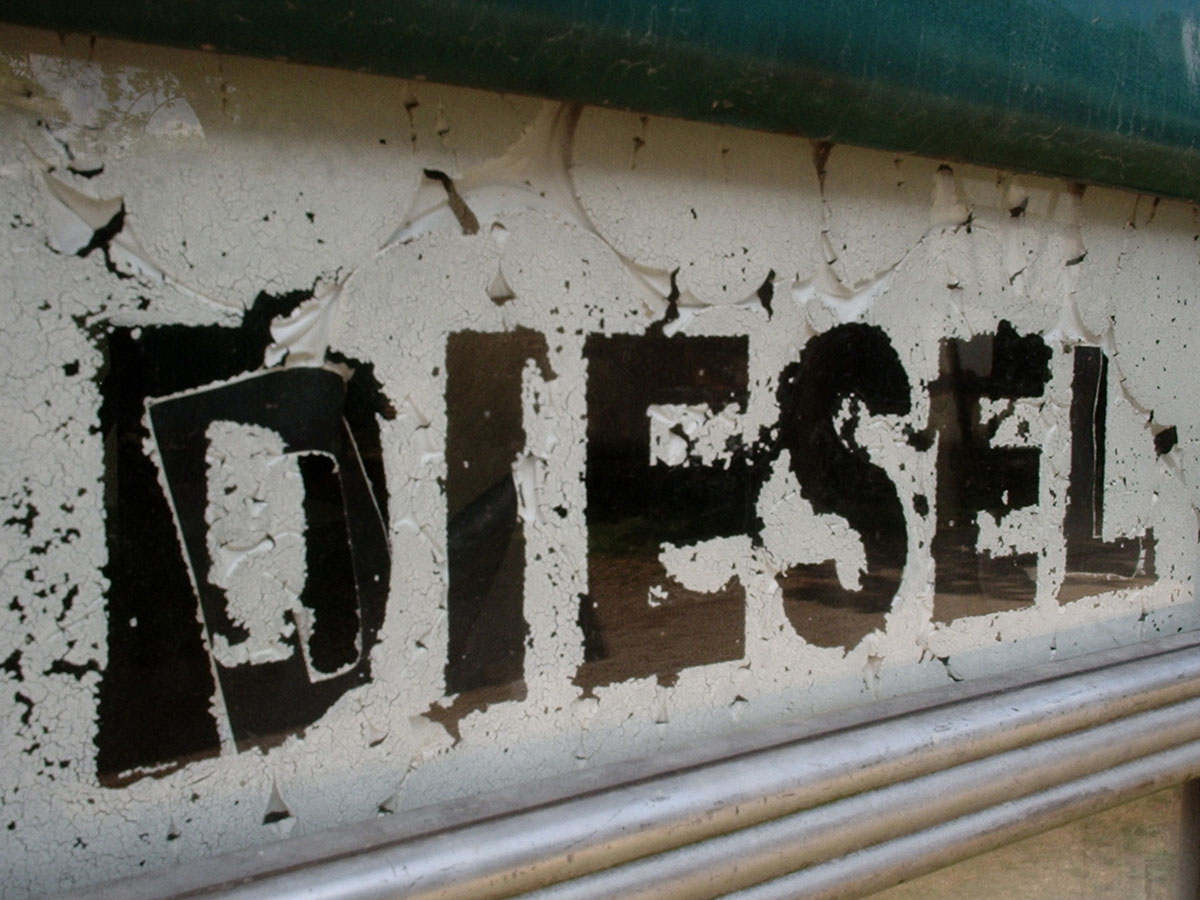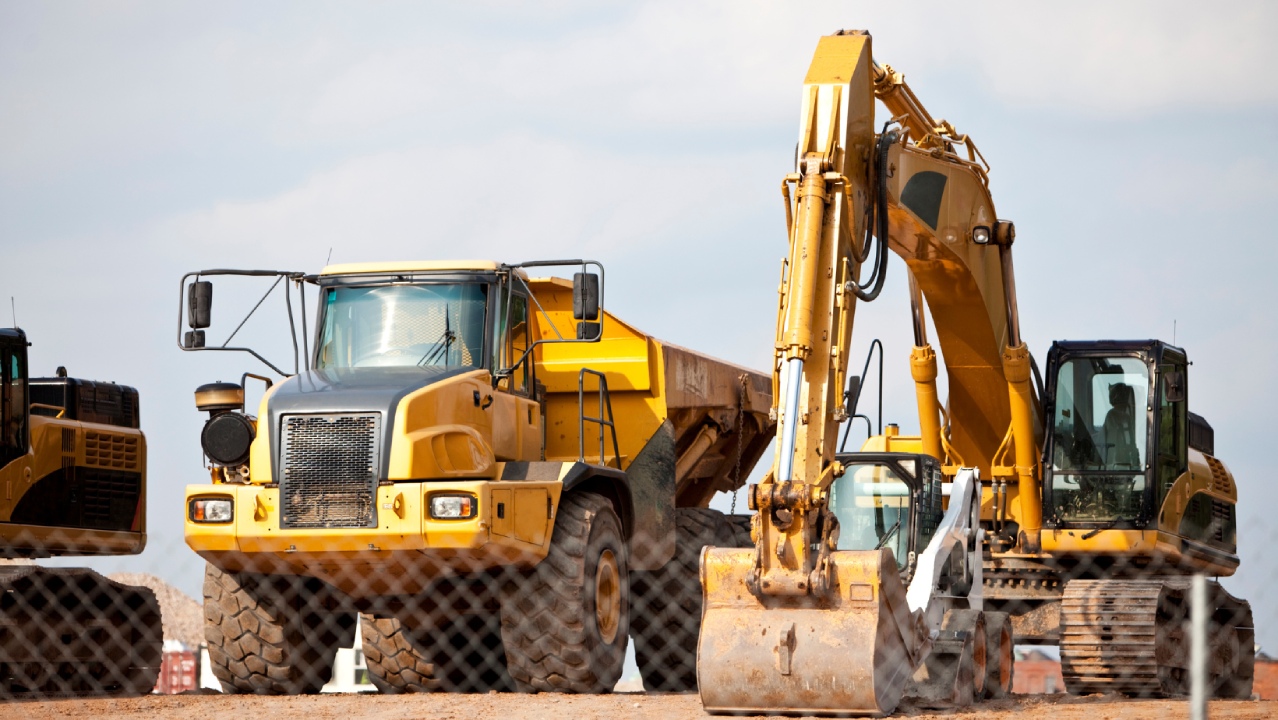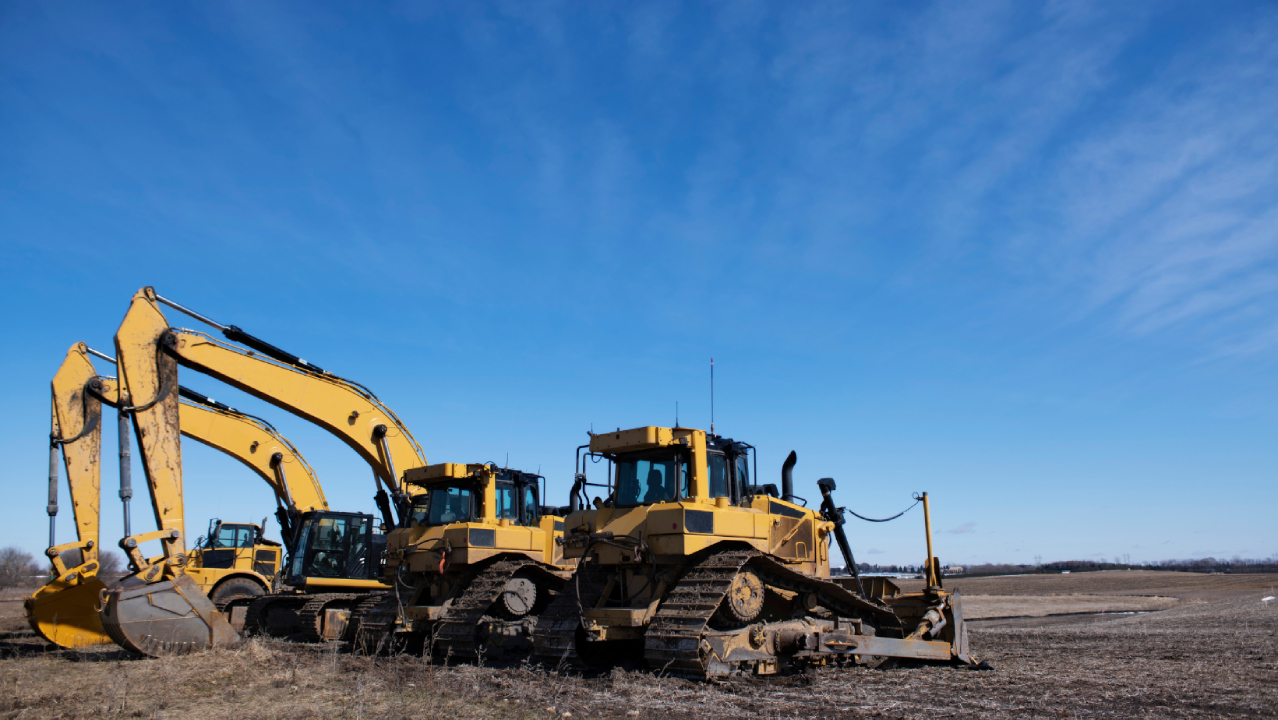Where did the word diesel come from?
Rudolf Diesel, a young German engineer, designed and patented the first compression ignition engine in 1897.
Name four advantages of a diesel engine over a gas engine.
-Efficiency: they burn less fuel to generate a given amount of horsepower. They are 20 30% more efficient than a gas engine.
-Engine durability: because a diesel engine must be built heavier to withstand the pressure within the engine, it can be expected to run many hours longer than its gas counterpart.
-More lugging power: torque rise under load is an inherent characteristic of diesel engines.
-Less pollution: the exhaust from a diesel engine, although more visible at times, contains lower levels of toxic elements harmful to people. What you do see in diesel smoke are particulates, carbon and soot. You can safely leave your truck running while you sleep without the risk of dying from the fumes.
-You can smoke rude bicyclists.
Name a couple of disadvantages of the diesel engine.
-They are harder to start in cold weather.
-They cost more to purchase up front.
-Many local repair shops do not have service personnel or parts for diesel engines.
-They can go farther than your bladder can on a tank of fuel.
Name some differences between a gas and a diesel engine.
-Type of fuel it uses: Diesel fuel is a less volatile fuel than gasoline but possesses a greater number of BTUs per gallon. As a result, more total horsepower is obtained from a gallon of diesel than a gallon of gas.
-Type of ignition: the fuel and air mixture in a gas cylinder is ignited by a spark plug. In a diesel engine, the mixture is ignited by the heat from compression.
-Fuel and air mixing: In a gas engine, the fuel and air mix takes place in the carburetor and the intake manifold. In a diesel engine the diesel fuel is mixed with air when the fuel is injected into the cylinder.
-The purpose of the oil: in a gas engine, oil is primarily a lubricant. A diesel engine actually runs off oil pressure.
-Frequency of emissions test: Front Range Emissions rules require a yearly rather than biannual emissions test.
What are the dos and donts of getting a diesel going that is hard to start?
Dont use ether to start a diesel. Ether has too high a flash point and when put up on the glow plugs can blow the valve cover right off the engine. Try plugging in the block heater. Do visit Diesel Services when the truck is hard to start. It is a curable problem. When a truck is hard to start, it wears heavily on the charging system: it wears on the batteries, the starter, the alternator and can even damage the fuel injection pump. It is a good idea to solve the hard start problem before it creates more trouble.
Why are oil changes so much more important to your diesel engine than the gas one?
The primary purpose of engine oil in a gas engine is lubrication.
Oil in the diesel engine not only lubricates, but it cools the engine and cleans the carbon away from the pistons and the liners. It is part of the compression system. The key to diesel engine longevity is oil changes every 3000 miles on the nose!
Why are fuel filter changes more frequent for a diesel engine than a gas engine?
Its in the nature of the fuel. The fuel filter in a diesel engine separates water out of the diesel fuel, which is actually a low grade fuel. Excessive build-up of water in the filter can cause freezing in the fuel system, can cause the vehicle to be hard to start, to die-in-flight or run poorly. It is recommended that the fuel filter be changed every 6,000 miles (every other oil change). In the winter when the temperatures are low, the filter should be changed every oil change. This will help prevent fuel jelling and ensure clean fuel only is sent to the injection pump.
What other maintenance items should be done periodically?
A valve adjustment, also known as an overhead should be done every 60,000 miles to assure maximum performance on certain engines. And dont forget to service the gear boxes regularly.
What should I do if I accidentally put gas in my diesel tank?
Dont even try to so much as start it. Call a tow truck and get the tank drained and filters changed. It only takes a few minutes of running on gas to ruin the engine!
Whats the scoop on Diesel #1 and Diesel #2?
Diesel fuel can get thick or gel in cold weather. This condition can cause your truck not to start or even die while driving. Some fuel stations offer Diesel #1 during the winter. This fuel has additives that lower its cloud point, but the truth is, it can still gel. Adding an anti-gel fuel additive directly to your tank in cold weather is the only way to be sure your fuel will not gel. Its a good preventative measure. We recommend LDL (Longer Diesel Life) additive. It cleans the injectors while conditioning the fuel.
Why should diesel truck owners avoid quick lube joints?
Quick lube joints usually serve filters that are not at all appropriate for diesel engines, particularly the oil and fuel filters. Some of what they sell will void the warranty on your new truck. In addition to the products, their inspections and service are not adequate for a work vehicle. Proper inspection of brakes, gear boxes and fuel systems can save money down the road, and keeping grease on all moving parts really matters. It pays to have regular services done by trained, experienced Diesel Technicians.







